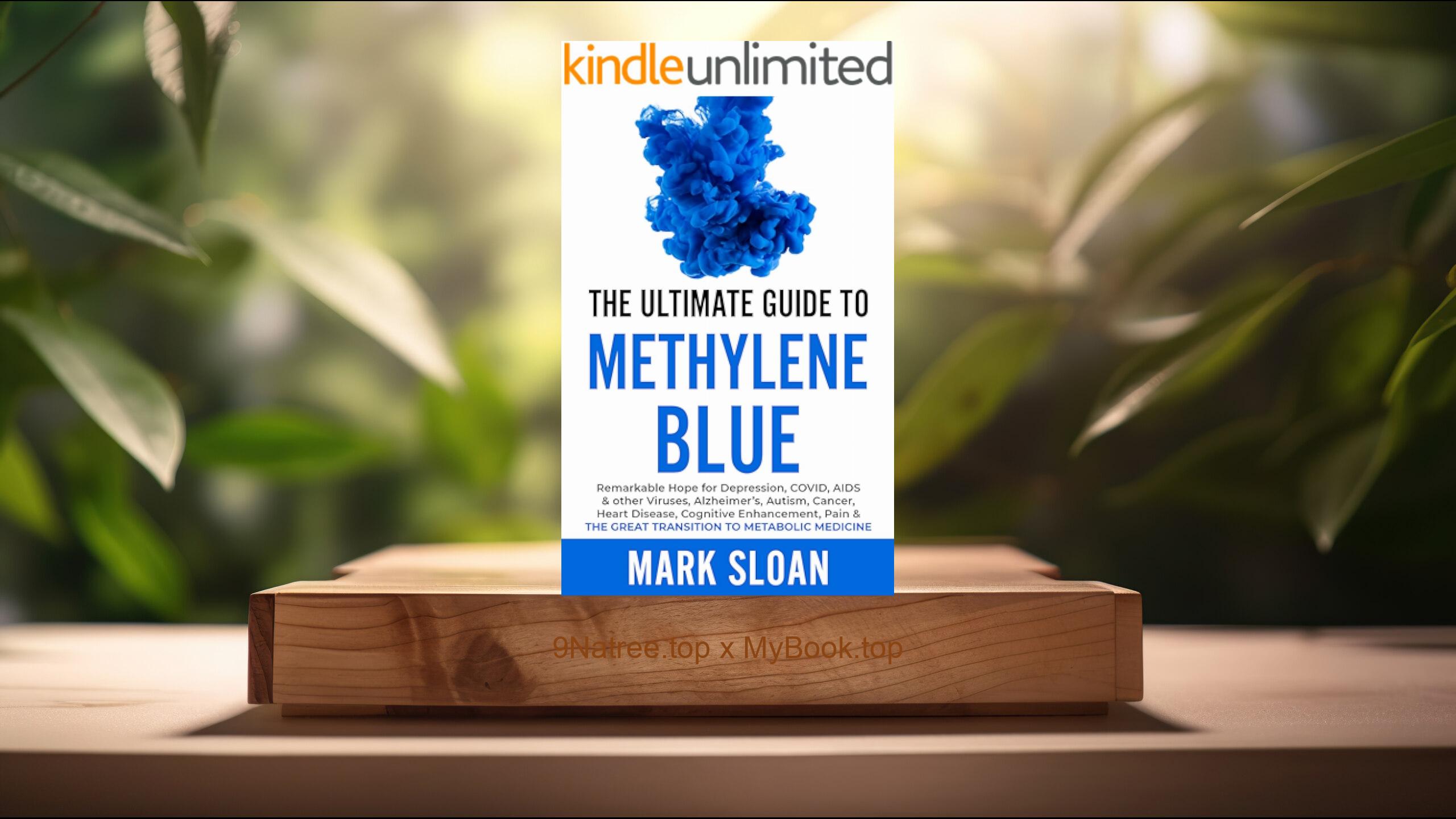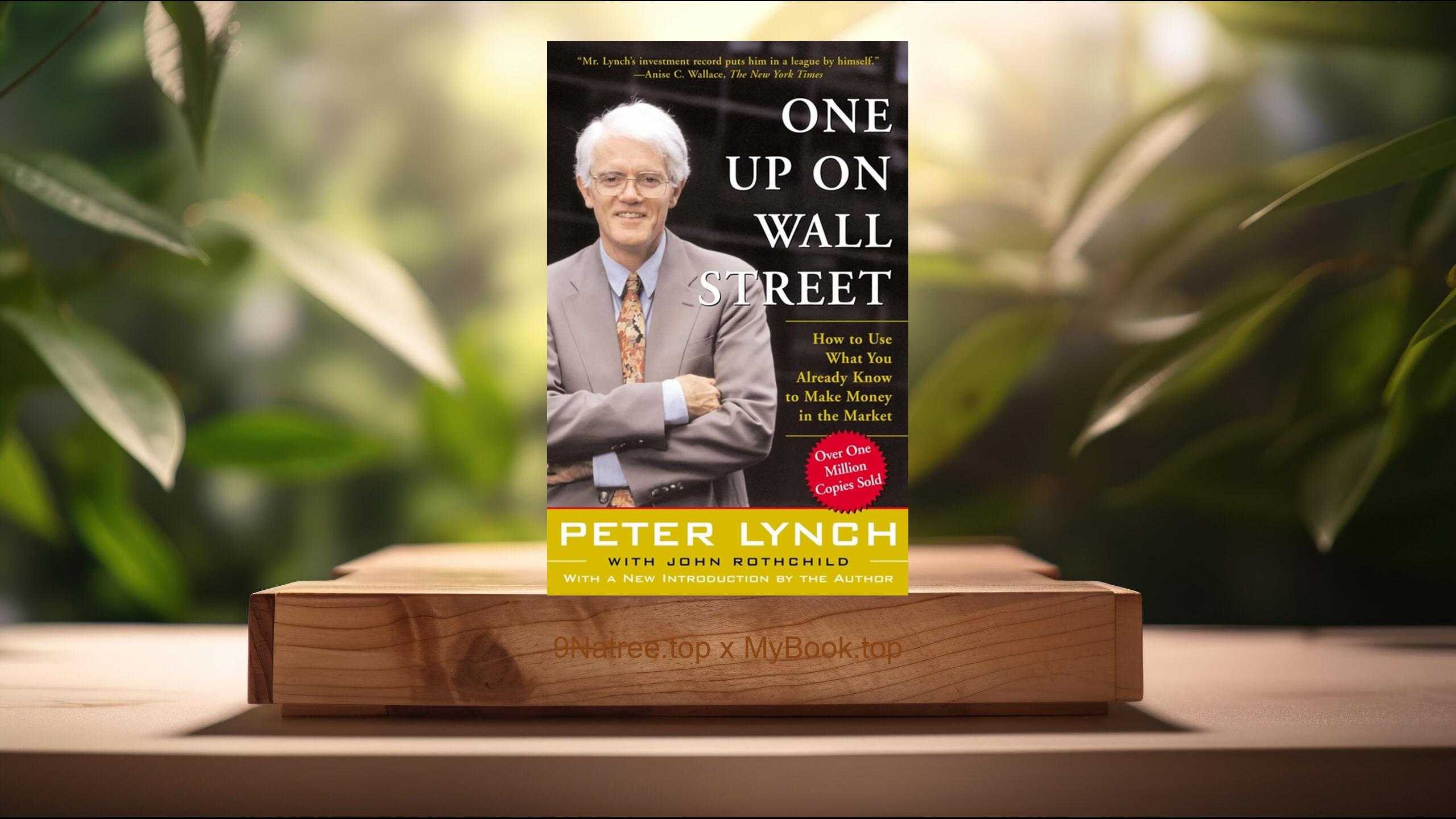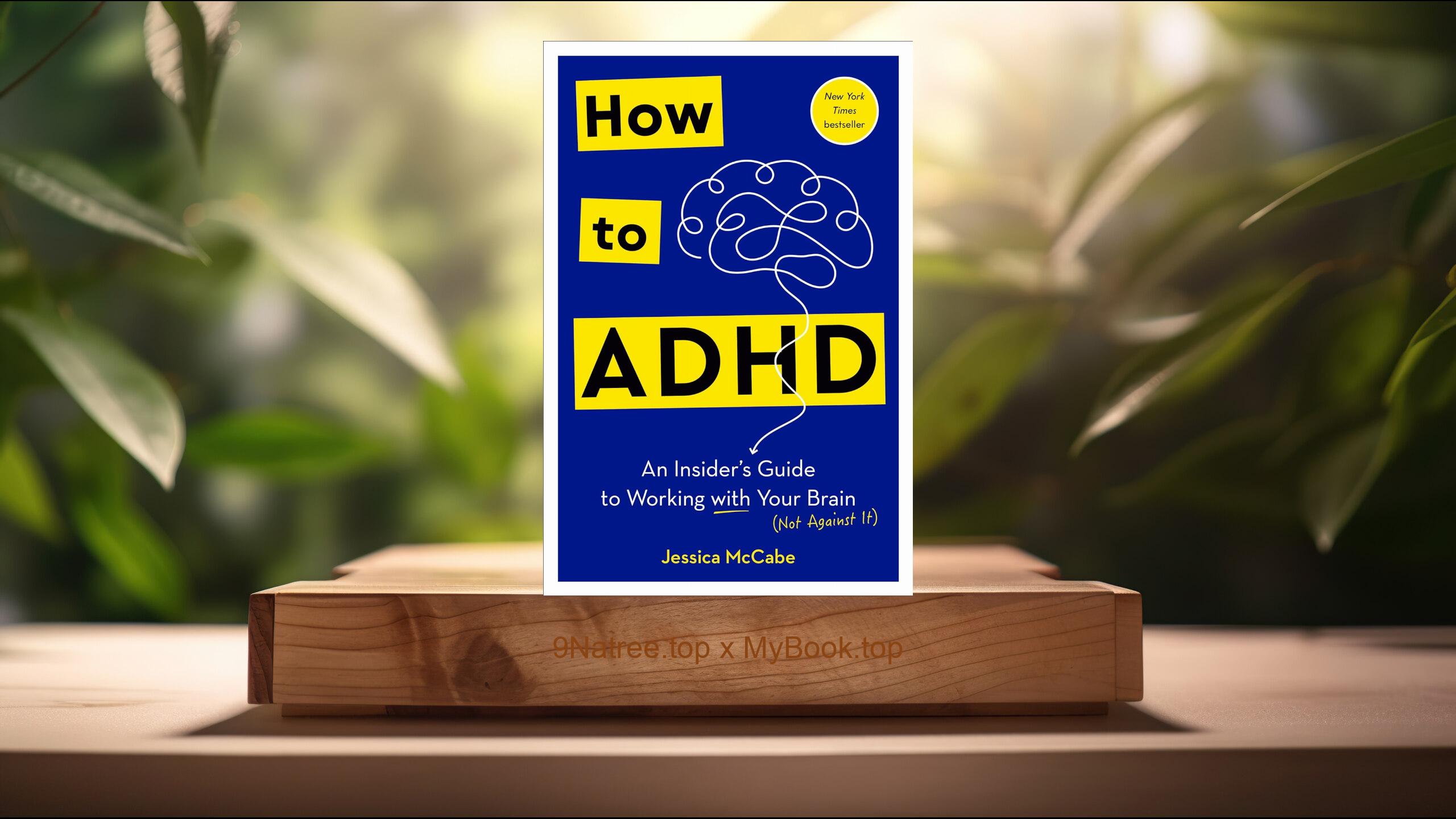Show Notes
- Amazon Books: https://www.amazon.com/dp/B08X5YWRRP?tag=9natree-20
- Apple Books: https://books.apple.com/us/audiobook/the-real-anthony-fauci-bill-gates-big-pharma-and/id1595656205?itsct=books_box_link&itscg=30200&ls=1&at=1001l3bAw&ct=9natree
- eBay: https://www.ebay.com/sch/i.html?_nkw=The+Real+Anthony+Fauci+Robert+F+Kennedy+Jr+&mkcid=1&mkrid=711-53200-19255-0&siteid=0&campid=5339060787&customid=9natree&toolid=10001&mkevt=1
- Read more: https://mybook.top/read/B08X5YWRRP/
#AnthonyFauci #BigPharma #PublicHealthPolicy #DemocracyandPublicHealth #RobertFKennedyJr #BillGatesFoundation #GlobalHealthGovernance #PharmaceuticalInfluence #TheRealAnthonyFauci
These are takeaways from this book.
Firstly, Fauci's Tenure and Influence, Throughout his long tenure as the director of NIAID, Anthony Fauci has been a central figure in global health policy, particularly in the response to infectious disease outbreaks such as HIV/AIDS, SARS, Ebola, and most recently, COVID-19. Kennedy scrutinizes Fauci's handling of these crises, raising questions about the balance between public health measures and the interests of pharmaceutical companies. The book suggests that Fauci's decisions often favored the development and mandate of lucrative treatments and vaccines, sometimes at the expense of promoting readily available, less profitable public health interventions or acknowledging their efficacy. Kennedy critiques how these practices have contributed to a monopolization of the public health sphere by a few large pharmaceutical companies, potentially stifacing innovative treatments and alternative approaches.
Secondly, The Role of Big Pharma, Kennedy delves into the symbiotic relationship between Anthony Fauci's NIAID and major pharmaceutical companies, outlining how this partnership has influenced healthcare policies and research priorities. He argues that Fauci's position has allowed him to act as a gatekeeper, enabling pharmaceutical giants to dominate treatment protocols and vaccine development through significant funding and regulatory advantages. This relationship has, according to Kennedy, resulted in a public health paradigm that often prioritizes patentable pharmaceutical interventions over more holistic approaches to disease prevention and treatment. The narrative suggests that this focus on high-profit pharmaceutical solutions compromises the integrity of public health guidance and the broader goal of achieving accessible and equitable healthcare for all.
Thirdly, Impact on Global Health Policy, Kennedy provides a critique of how Fauci's influence extends beyond the United States, affecting global health policy through his relationships with international organizations like the World Health Organization (WHO) and the Gates Foundation. The book explores Fauci's role in shaping global responses to infectious diseases, again highlighting a preference for pharmaceutical solutions. Kennedy argues that this has led to a form of health imperialism, where the priorities of wealthy nations and corporations dictate the terms of international health responses, often sidelining traditional and potentially more effective public health measures in favor of broad vaccine distribution strategies. The section raises concerns about the democratic processes within global health governance and the potential for conflicts of interest.
Fourthly, Critique of the Gates Foundation, A significant portion of the book is dedicated to analyzing the influence of the Bill and Melinda Gates Foundation in global health and its close ties with Anthony Fauci. Kennedy critiques the foundation's approach to public health, which heavily favors large-scale vaccination programs and technological solutions to health problems. He argues that the foundation's considerable financial resources and its investments in pharmaceutical companies influence its advocacy for specific health policies, potentially skewing public health priorities towards those that serve its financial interests. This analysis raises crucial ethical questions about the role of private wealth in public health and the potential for such philanthropy to undermine global health equity and democracy.
Lastly, Democracy and Public Health, Finally, Kennedy emphasizes the broader implications of Fauci's approach to public health on democracy. He argues that the centralized control over public health policy and the confluence of government authority with corporate interests pose serious risks to democratic governance. According to Kennedy, the unchecked power wielded by figures like Fauci, in partnership with Big Pharma and philanthropic entities like the Gates Foundation, has led to significant public distrust in health authorities and skepticism towards science. The book advocates for a more transparent, democratic, and holistic approach to public health that respects the dignity and rights of individuals while prioritizing the common good over corporate profits.
![[Review] The Real Anthony Fauci (Robert F. Kennedy Jr.) Summarized](https://episodes.castos.com/660078c6833215-59505987/images/1763220/c1a-085k3-v0nx93nou9vk-s6e4yi.jpg)




